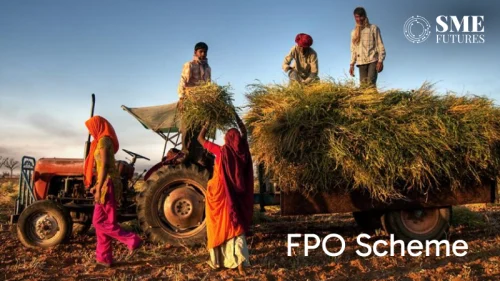The Union Cabinet is learnt to have cleared the Indian Telecommunication Bill 2023, but the government may not table it in the current Parliament session, according to sources.
According to sources, the government has relaxed a significant part of internet-based calling and messaging services from the ambit of telecom rules. ”Cabinet has cleared Indian Telecommunication Bill 2023 but the government is not in a hurry to table it in the current session,” a source, who did not wish to be identified, said.
The government had proposed to include internet-based communication services, in-flight and maritime connectivity services, interpersonal communications services, machine-to-machine communication services and over-the-top (OTT) communication services under the ambit of telecom service in the draft Bill floated for public consultation.
The government during the consultation process had said that users’ protection will be a key focus of the Indian Telecommunication Bill.
The bill seeks to replace three laws — the Indian Telegraph Act, 1885, the Indian Wireless Telegraphy Act, 1933 and the Telegraph Wires (Unlawful Possession) Act, 1950. While it is not desirable to discuss the drawbacks of these laws in detail, the fact that even the recent law was passed more than 70 years back shows the need for the new law, particularly in light of rapid growth in the telecom sector.
The Department of Telecommunications (‘DoT’), under the aegis of the Ministry of Communications, released the draft Indian Telecommunication Bill, 2022 (‘the Draft Bill’) on 21st September 2022 and is currently accepting public comments on the same.
The proposed bill has introduced some major changes in the existing telecommunications services and infrastructure regime in India, intending to update the extant regulatory framework and match it with the advancements and challenges in the telecom sector.
Key provisions and issues of the draft
(1) Wide definition of ‘telecommunication services’: One of the major changes that the Draft Bill has brought in is expanding the definition of “telecommunication services” given under clause 2(21) to include over-the-top (‘OTT’) communication services. As a consequence of this, OTT services would also be subject to the same licensing conditions as telecom Service Providers.
(2) User identification and preventing spam / fraud calls: Additionally, the Draft Bill also takes into consideration the increasing incidence of spam and fraud calls. Clause 4 of the Draft Bill proposes the idea of revealing the identity of the person communicating using any form of telecommunication services that shall be available to the user receiving such communication.
(3) Spectrum allocation, sharing, trading, leasing, and surrender: The Draft Bill lays down a detailed route of allocation of spectrum. It prescribes that the primary route for allocation of the spectrum is the auction, and when the spectrum is to be allocated for certain functions of the government such as defense or transportation the administrative process is to be followed.
(4) Privacy and interception: The Draft Bill, inter alia, provides that in the interest of public safety and to prevent incitement to an offence, the telecommunication network or service may be directed to intercept or detain or disclose any message to the government.
(5) Shutdowns: The Draft Bill provides for suspension or shutdown of telecommunication services in the case of an emergency, or for public safety and other similar reasons.
(6) Regulatory Sandbox: The Draft Bill also proposes the creation of a regulatory sandbox by the Central Government. This means that there would be a framework of special terms and conditions of license, registration, authorization, or assignment that allows persons to conduct live testing of products and services in a controlled environment under the supervision of the Central Government.
(7) Reduction of regulatory powers of TRAI: The Draft Bill has also reduced the power of the Telecom Regulatory authority of India (TRAI) which is an independent and specialized regulator for the telecom sector.
(8) Offences: The Draft Bill has also proposed the categorization of offences in terms of whether they are cognizable and/or compoundable. It has also fixed the monetary cap for financial penalties; this would help in giving certainty to regulatory actions and dissuade the practice of extreme actions or crippling penalties.











